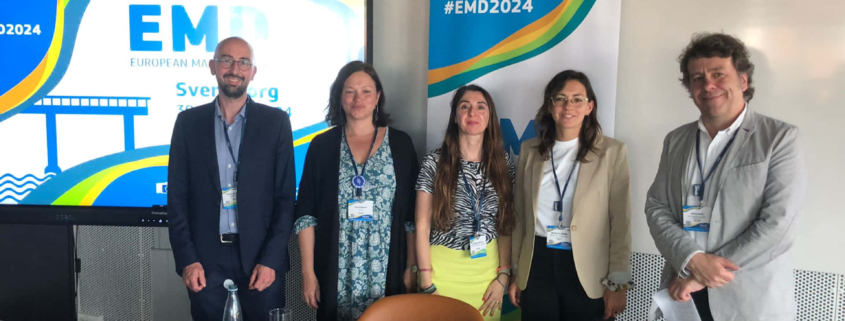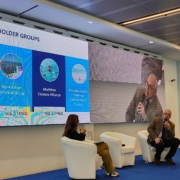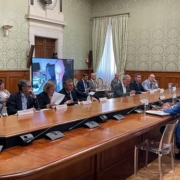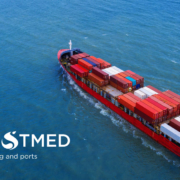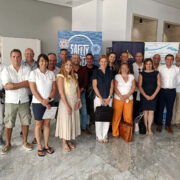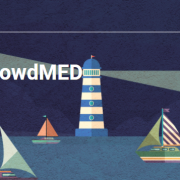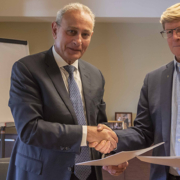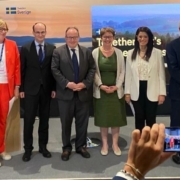EU Sea Basin Asistance Mechanism explores synergies between cross-cutting EU Blue Initiatives at EMD 2024
This workshop that took place on May 30, 2024 during the European Maritime Day in Svendborg Denmark, was aimed at exploring how the EU Sea Basins Assistance Mechanism can further enhance effective cooperation with strategic blue economy initiatives promoted by the EU in the ‘cross-cutting’ areas of research and innovation, ocean literacy and green energy transition.
Moderation was done by Matteo Bocci, from the Sea Basins Assistance Mechanism and contributions were made by:
- Margherita Zorgno, Sustainable Blue Economy Partnership
- Olga Mashkina, EU4Ocean Coalition
- Ana Peralta, EU Energy Transition Partnership
- Gaetan Coatanroch, Mission Oceans and Waters Implementation Platform
The workshop allowed the different initiatives to share the main activities and results achieved so far in their areas of intervention, and then look ahead to identify concrete actions for further cooperation– also by building upon the results of the High-Level Panel 1 held on the same day.
Key Highlights and Outcomes of the workshop:
As concrete outcomes of this workshop, the different initiatives involved agreed to establish concrete roadmaps for cooperation in the year ahead, particularly in the area of Ocean literacy and blue skills, which emerged as a cross-cutting topic of interest to all the initiatives involved.
- The Sea Basins Assistance Mechanism (with a concrete Pillar on the Atlantic sea basin focused on this topic) is exploring the possibility of creating a cross-sea basin working group on blue skills and ocean literacy. In this sense, it is encouraging other “blue” initiatives to feed it with practices and relevant experiences.
- From the R&I point of view, SBEP incorporates blue skills as a cross-cutting theme within its scope of work, and has supported projects focused on, e.g., “upskilling” in the tourism sector. Moreover, the foreseen Knowledge and Innovation Community (KIC) on marine/water is expected to have a focus on education and skills.
- From the angle of energy transition and decarbonisation in different maritime sectors, as highlighted by the Energy Transition Partnership, the development of a new set of “blue skills” is crucial. The blue economy is challenged by an ageing workforce (this is particularly true for the fisheries sector), and a lack of workers for many related economic activities, including in more “emerging” sectors (i.e. blue biotechnologies, marine renewable energies, etc.) In this sense, the initiative ‘Fishers of the Future’ was launched as a EU-wide participatory project to examine the future role of fishers in society up to 2050.
- The issue of ocean literacy is the main axis of activity for the EU4OCEAN coalition, and particularly when it comes to involving the younger generations and “training the trainers”. As such, this initiative is supporting integrated outreach actions with the aim to attract and engage such groups to the vast opportunities of the Blue Economy job market. In this sense, the project “Blue Generation” has the goal to inspire and engage young people between 15 and 29 years to pursue a sustainable career in a Blue Economy sector.
In conclusion, the workshop highlighted the vital role of collaborative efforts in advancing the EU’s blue economy initiatives, particularly through focused areas such as ocean literacy and blue skills development. As a key result, the different initiatives committed to continue working together to further operationalise future joint actions.

